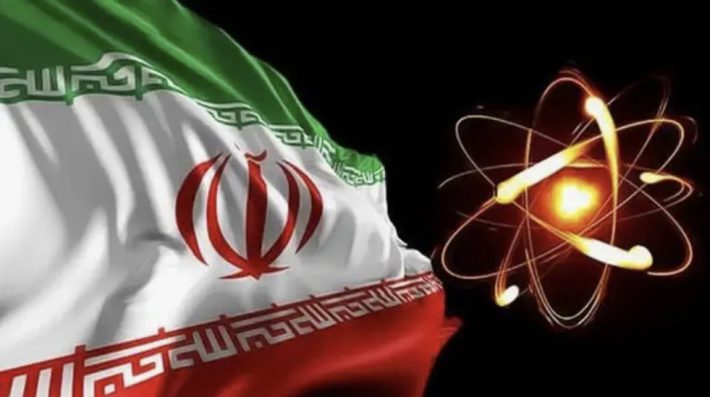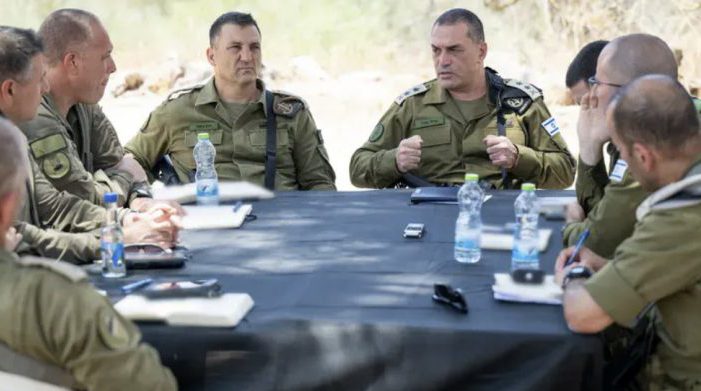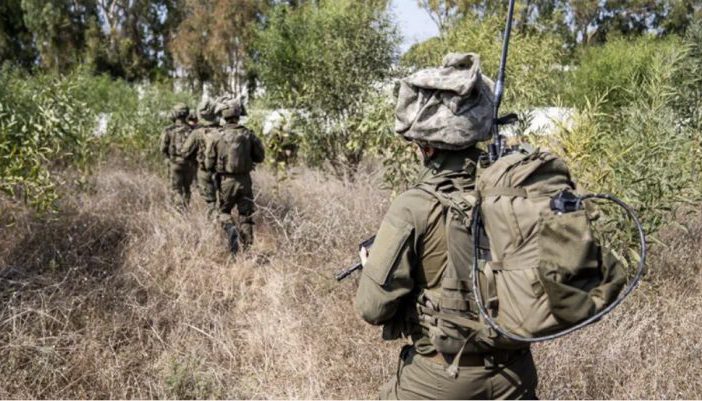As Israelis, we need to know what comes next so we can sleep better at night. How can we ensure we won’t have to undertake such an operation again in a few years? Opinion.
The recent large-scale Israeli operation against Iran’s military and nuclear infrastructure has undoubtedly altered the Middle Eastern landscape for the better. The sheer volume and depth of these strikes have, at least for now, significantly degraded key Iranian capabilities. The ballistic missile array, for instance, saw approximately 65% of launchers destroyed, and a substantial number of missiles, between 800 to 1,000, eliminated on Iranian territory.
Iran launched around 500 missiles during the conflict, and around 1,000 UAVs. According to Army Radio estimates, interception of missile rates stood at between 80 to 90%, while almosst all the UAVs were intercepted. The Israeli home front paid painful and tragic prices when a few missiles that can destroy neighborhoods got through Israel’s air defenses.
Despite Israel’s major offensive achievements against Iran, neither system – the nuclear or missile program – was entirely eradicated, and crucially, the Iranian regime remains in power. This leaves us with a critical, overarching question: how long will it take Iran to rebuild these capabilities?
The timeframe for Iran’s recovery hinges on several factors: The extent of the damage incurred, the stability of the regime, and the nature of any diplomatic agreements or sanctions that may follow.
As Israelis, we currently lack information regarding the diplomatic path forward. We don’t know the specifics of any ceasefire agreements or if we are entering a ‘mowing the lawn’ scenario, where Israel would continue limited strikes to prevent Iran from rebuilding threatening capabilities.
Such a scenario against Iran is far more complex and risky than operations against enemies closer to home like Hezbollah. A missile strike, unlike a rocket that might damage a single apartment, can devastate multiple residential buildings, as we have seen.
This significantly elevates the operational and home-front risks. If a diplomatic agreement is indeed on the table, its terms are paramount. We know Iran will likely attempt to violate any agreement it enters into, and will refuse to actually abandon its nuclear ambitions. Therefore, any future agreement must include robust and effective oversight mechanisms.
While questions about the precise damage to sites like Fordow and the fate of enriched uranium are important, they fall more within the realm of nuclear science. Our focus at the Alma Center is on the broader picture: Iran’s nuclear project was vast and complex, involving dozens of sites and numerous components. These have sustained significant damage, causing a substantial delay to the program. Iran cannot simply decide now to ‘sprint to the bomb’ in five minutes; these are capabilities built over many years, many of which no longer exist in their previous form.
While we cannot definitively say if the delay will be five or ten years, depending on various factors, we do understand two critical things: there has been significant damage, and Iran will inevitably try to rebuild.
As Israelis, we need to know what comes next so we can sleep better at night. How can we ensure we won’t have to undertake such an operation again in a few years?
On the issue of regime stability, there’s been much debate about Israel’s objectives. I believe Israel demonstrated that its strikes against regime targets were not aimed at regime change but at exerting pressure.
However, with the current lack of diplomatic clarity, the effectiveness of this pressure remains uncertain. Intelligence agencies have historically struggled to predict popular revolutions, making it very difficult to forecast the longevity of the Iranian regime or gauge true public opinion in Iran.
While it was widely believed before the recent conflict that most Iranians oppose the regime, the impact of the current campaign on public sentiment is unclear. Much of the opposition leadership also resides outside Iran, and it’s uncertain if they are willing to return and risk their lives to overthrow the regime.
While this question remains open, it’s clear to us in Israel that as long as this regime remains in power, the fundamental problem persists. It will seek to rebuild its proxies, its nuclear program, and its ballistic missile capabilities. It will not abandon these goals; it will simply take time, and they might even explore avenues we can’t yet imagine.
In the immediate future, I assess that the regime will likely attempt to orchestrate, from behind the scenes, terrorist attacks against Israeli, Jewish, and potentially American targets worldwide, similar to past incidents in Argentina in the 1990s. Preventing these attacks will require robust intelligence cooperation. Furthermore, it’s important to acknowledge that North Korea, China, and Russia will likely assist Iran in its efforts to restore these capabilities, given their traditional relationships.
Lieutenant Colonel Sarit Zehavi is the CEO and founder of Alma – a nonprofit and an independent research and education center specialized in Israel’s security challenges on its northern border. Sarit has briefed hundreds of groups and forums, ranging from US Senators, Congressmen/women, and politicians to senior journalists and visiting VIP groups in Israel and overseas. Sarit scripts numerous position papers and updates focusing on Lebanon, Syria and Israel’s national security challenges. She served for 15 years in the Israeli Defense Forces, specializing in Military Intelligence. Sarit holds an M.A. in Middle East Studies from Ben-Gurion University. Sarit Zehavi and her husband Yaron are raising their 5 children in Western Galilee.





